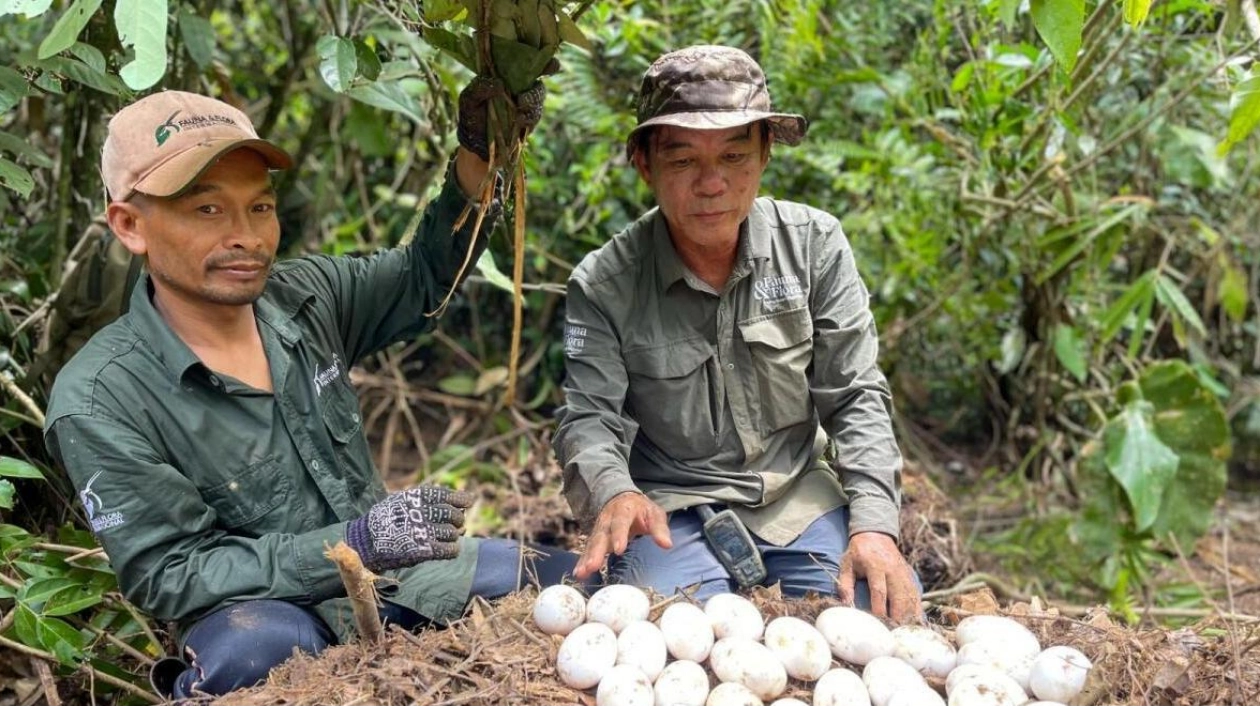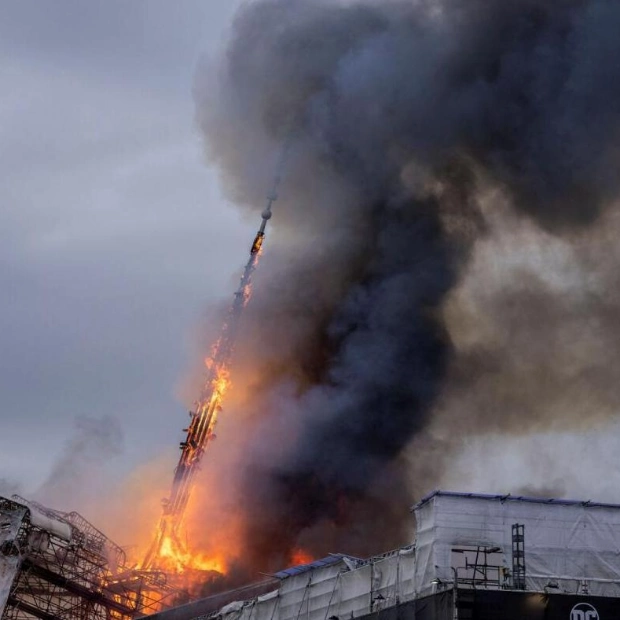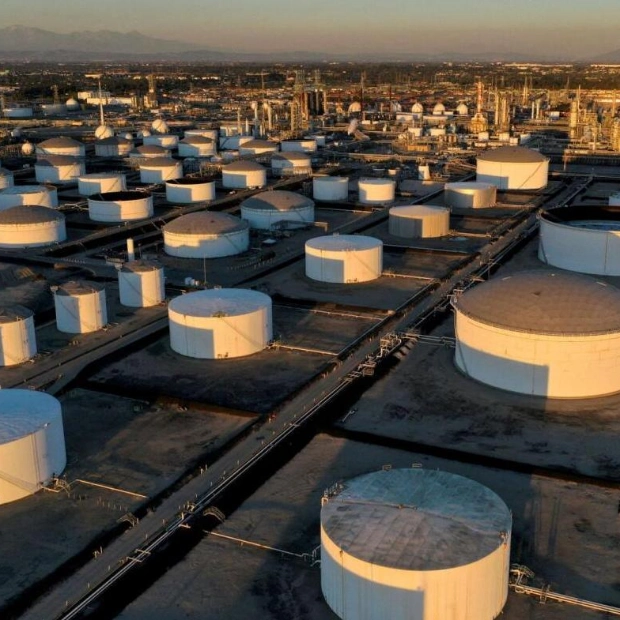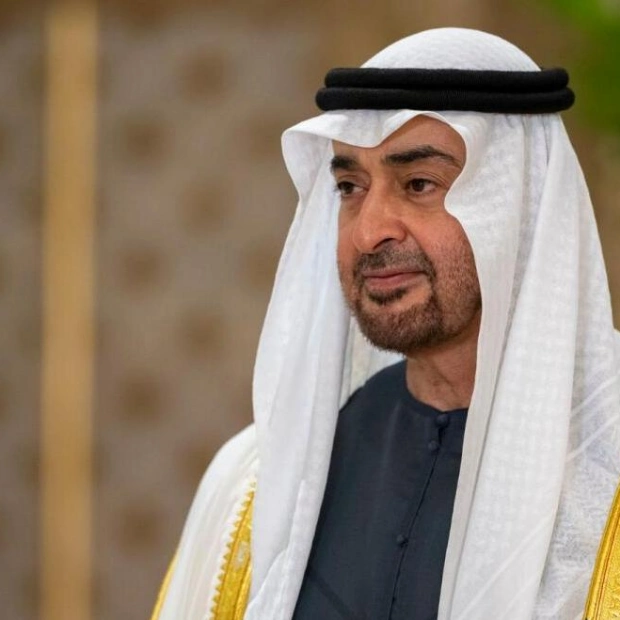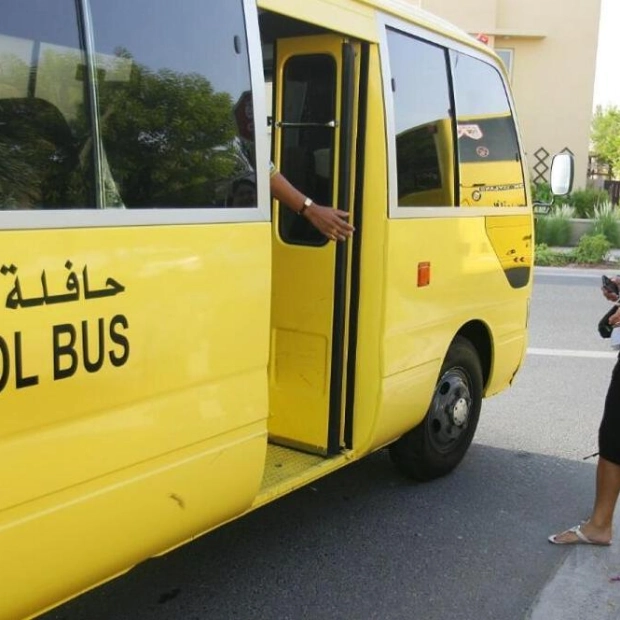A group of 60 rare Siamese crocodiles has successfully hatched in Cambodia, raising hopes for one of the world's most endangered reptiles, according to conservationists on Thursday.
In mid-May, five Siamese crocodile nests were discovered in Cambodia's Cardamom National Park, as stated by the country's environment and agriculture ministry in a joint statement with conservation group Fauna and Flora. The nests held 106 eggs, 66 of which were fertilized, and 60 Siamese crocodile eggs hatched successfully between June 27 and 30, the ministry reported.
"This discovery underscores that the area is a crucial habitat for natural crocodiles, offering hope for the species' recovery," they stated in the statement. Researchers estimate there are approximately 1,000 Siamese crocodiles globally, including around 300 individuals in the wild in Cambodia. These reptiles face threats from poachers who supply eggs and adult crocodiles to farms across the region, where their skins are used to make luxury items such as belts, shoes, and handbags.
Cambodian environment minister Eang Sophalleth expressed pride in the country's role as a sanctuary for some of the world's rarest species, vowing to continue efforts to preserve biodiversity. Deforestation and poaching have severely impacted many species in Cambodia, one of Asia's poorest and most corrupt nations. The government has faced criticism for allowing firms to clear vast areas of forest land, including protected zones, for various developments such as rubber and sugar cane plantations and hydropower dams.
The successful mass hatching highlights the critical importance of protecting the Cardamom National Park, according to Pablo Sinovas, country director of Fauna & Flora Cambodia programme. "With only a few hundred individuals estimated in the wild, the hatching of 60 new crocodiles is a significant boost," Sinovas added. Siamese crocodiles can grow up to three meters in length, and the Mekong River basin and wetlands in Cambodia are believed to be the only remaining wild populations, according to conservation group WWF. They are classified as critically endangered by the International Union for Conservation of Nature.
